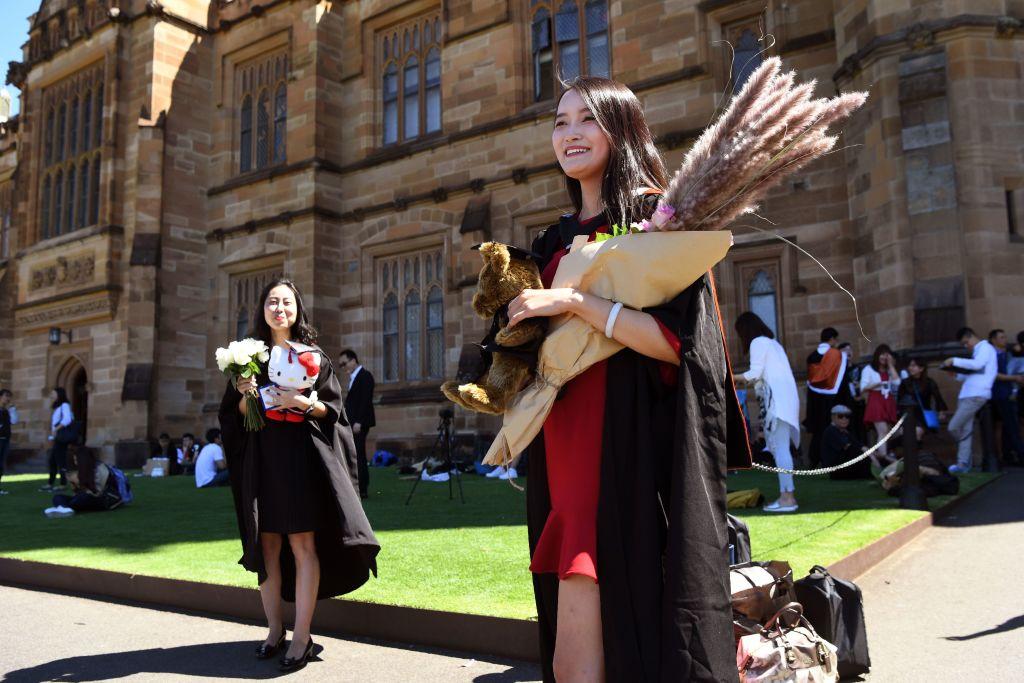Just hours after attending a rally in support of Hong Kong’s freedoms, a student from mainland China studying in Australia received a message from a mainland classmate at 2 a.m. saying: “I’m watching you.”
Zhang Xiuyang, a pseudonym used for safety, said she had known the classmate for a long time, was aware of their differing opinions, and had previously told him she did not want to discuss Hong Kong with him.





